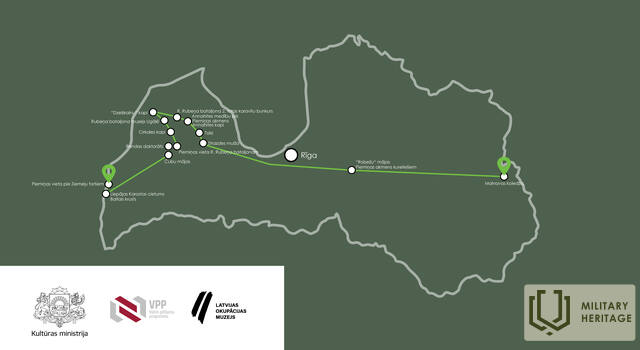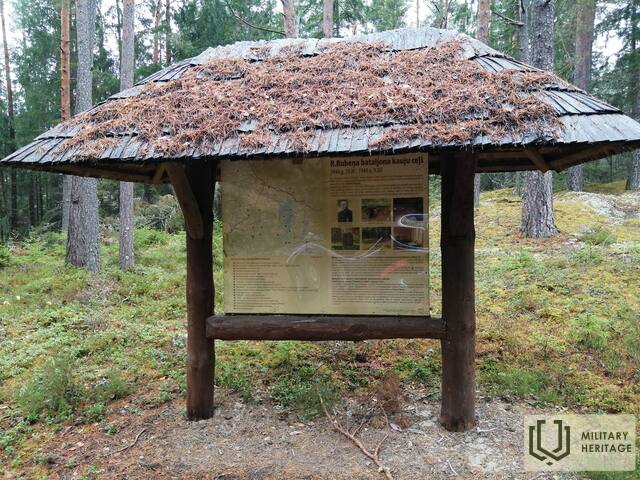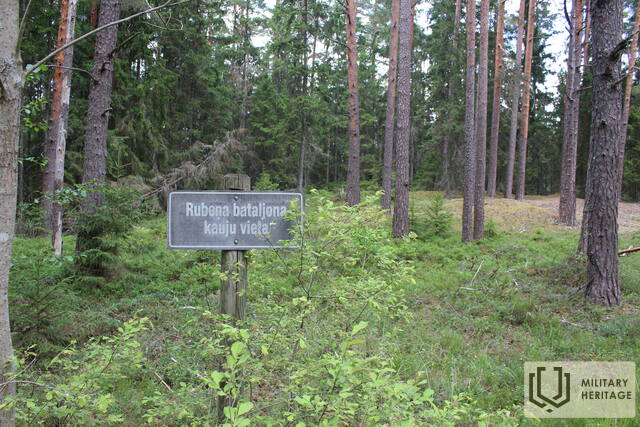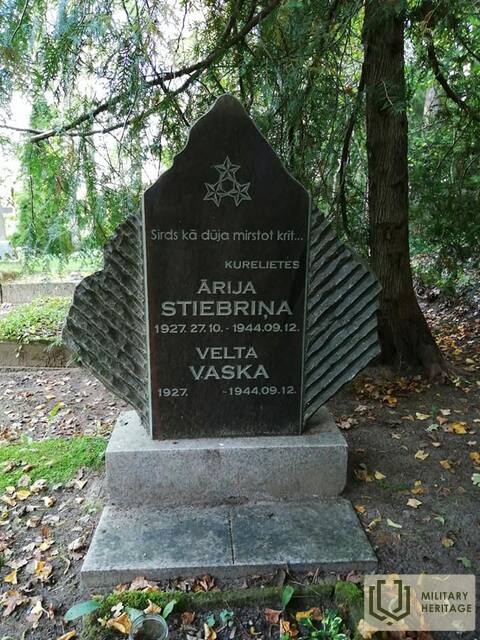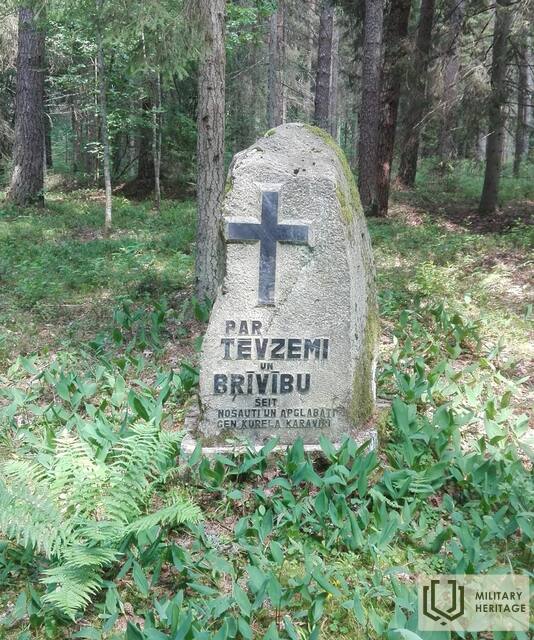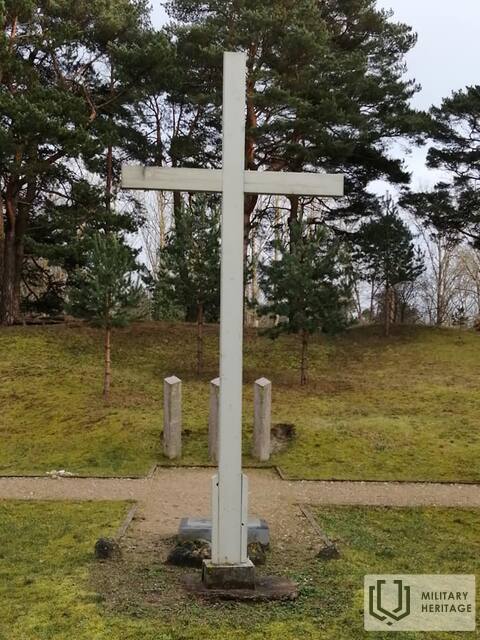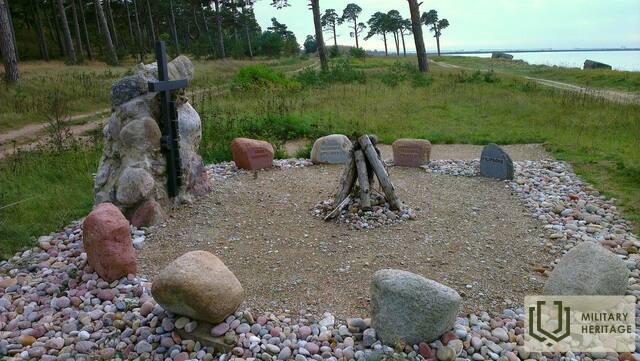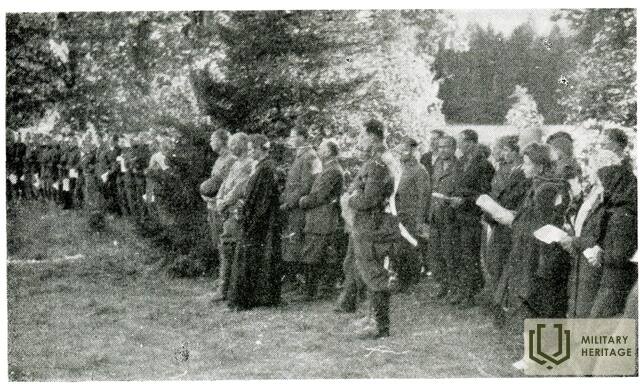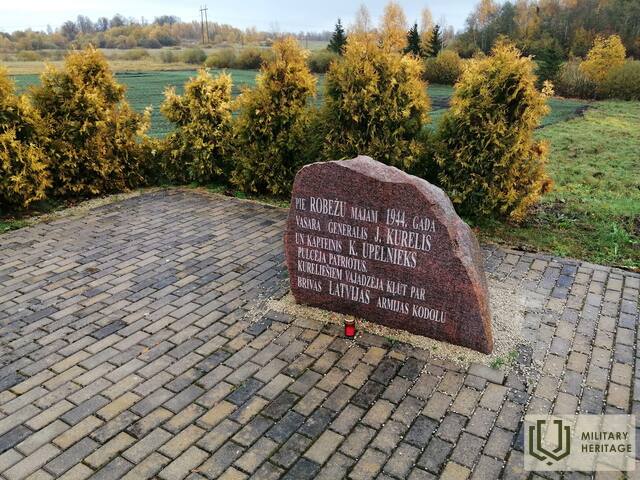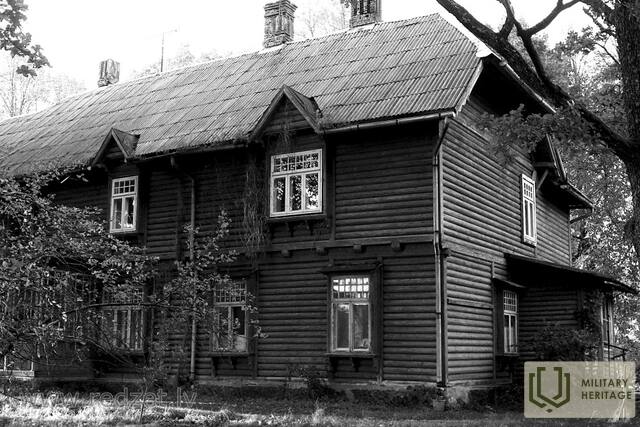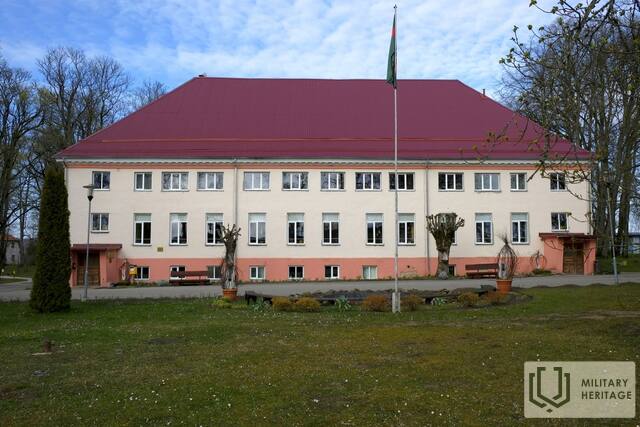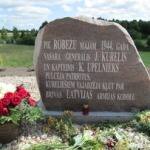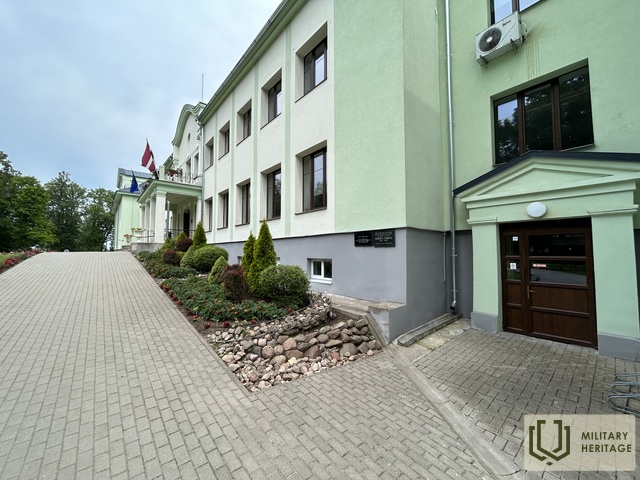Kurelis: for Latvia against foreign occupying powers
Along the route, you will learn about the evidence of the resistance movement against the Soviet and German occupation regimes, authentically reconstructed national partisan bunkers , and visit well-maintained settlements, battle sites, and memorial sites. You will learn about the memories of the Kureli people in an audio guide, stories from local history experts, and the opportunity to spend the night in a Rubeni people's bunker.
What the tour includes
During the Nazi occupation of Latvia during World War II, many men were unwilling to accept life under occupation and wanted to restore their independence. Many of them went into the forests, lived with their supporters and in dugouts they built themselves, and organized attacks on German army units and Soviet partisans.
People throughout the occupied Baltic territory hoped that Western countries would not tolerate Soviet occupation, and that Latvia would soon be independent again from both Soviet and German occupation forces.
The unequal struggle of the Kurelians began in July 1944 and was suppressed in November 1944.
The route was prepared in collaboration with the National Research Program project "Archaeology of Independence: New Approaches to the History of National Resistance in Latvia" (No. VPP-LETONIKA-2021/2-0003) and the Latvian Occupation Museum project "Popularization of Evidence-Based Information about Events in Latvian History". The implementation of the event is financially supported by the Ministry of Culture .




